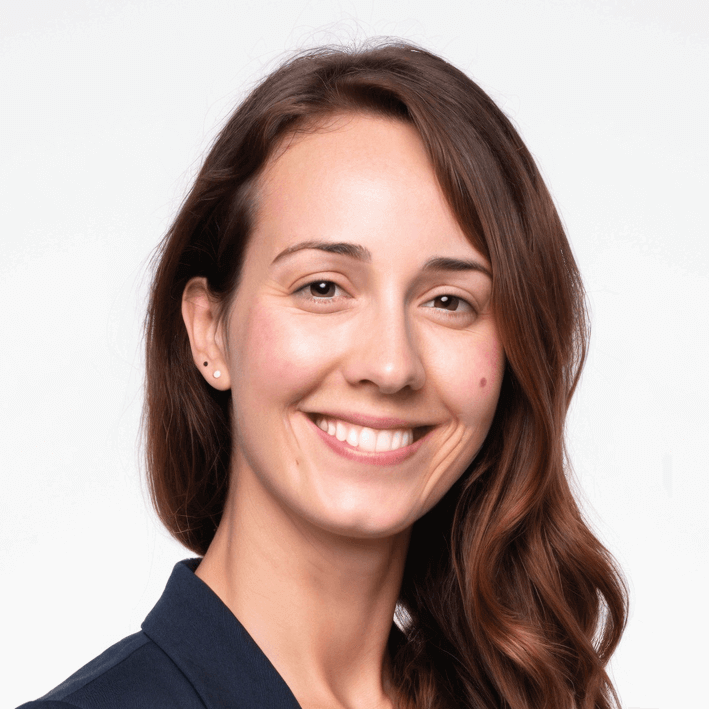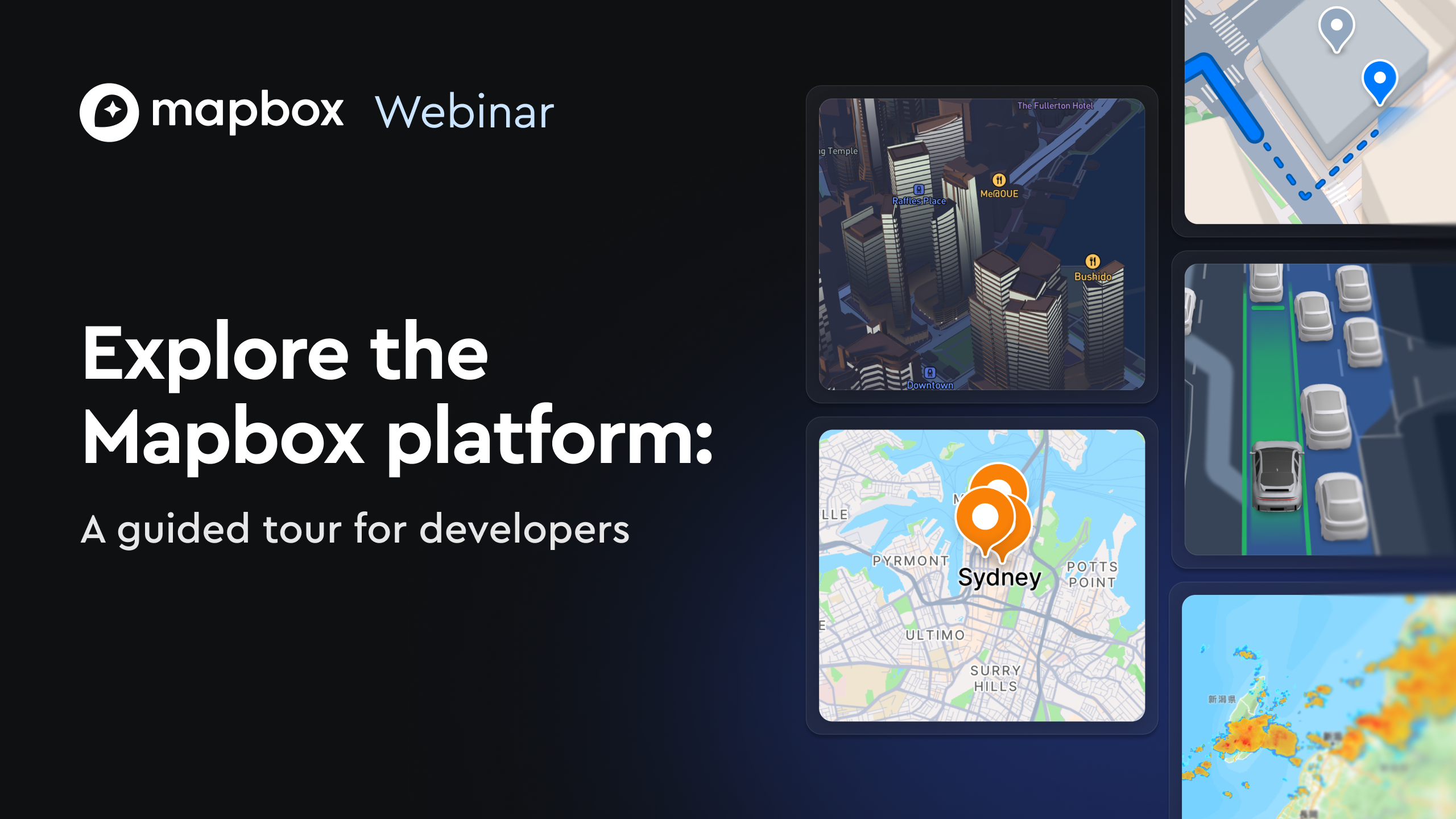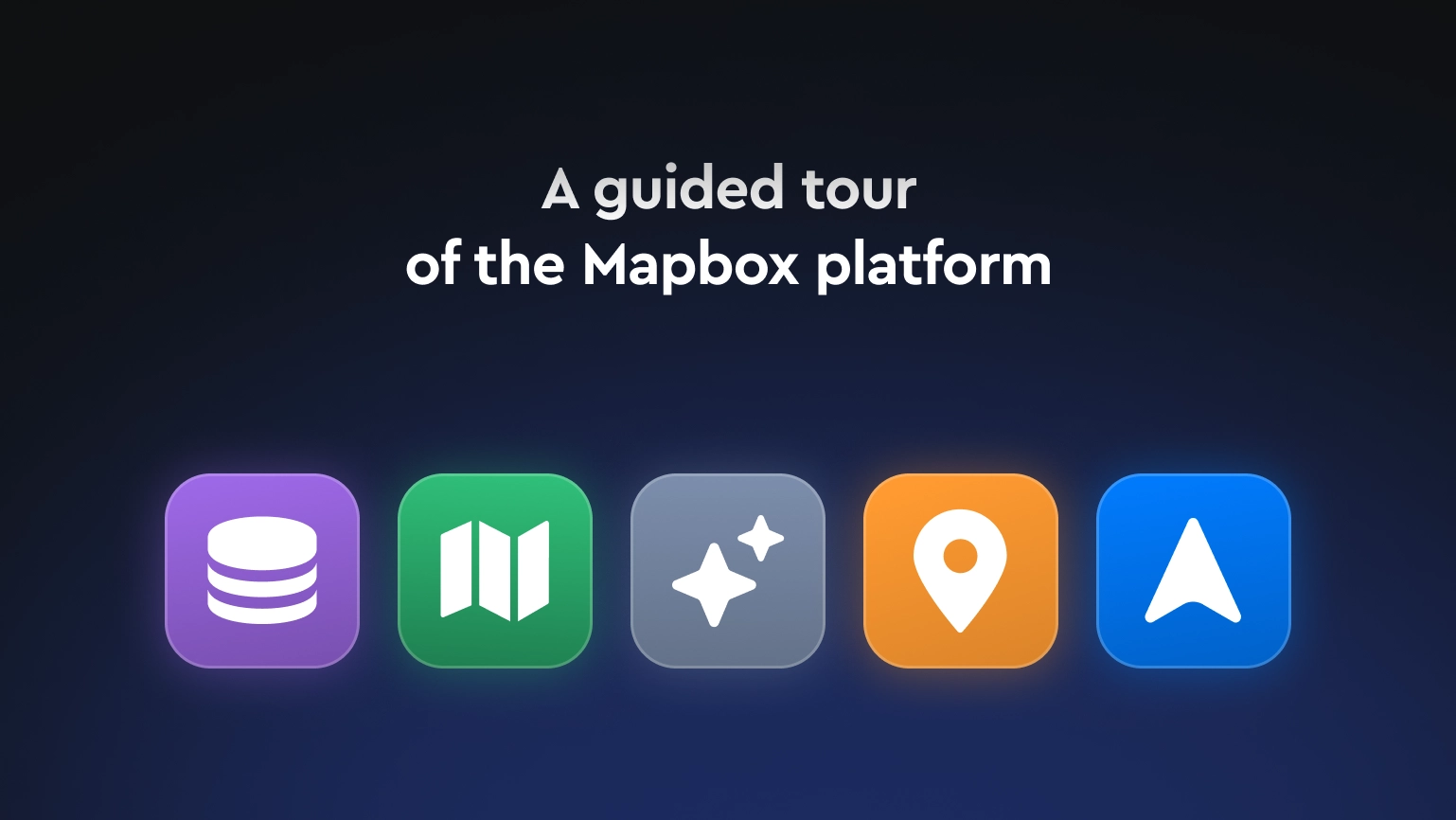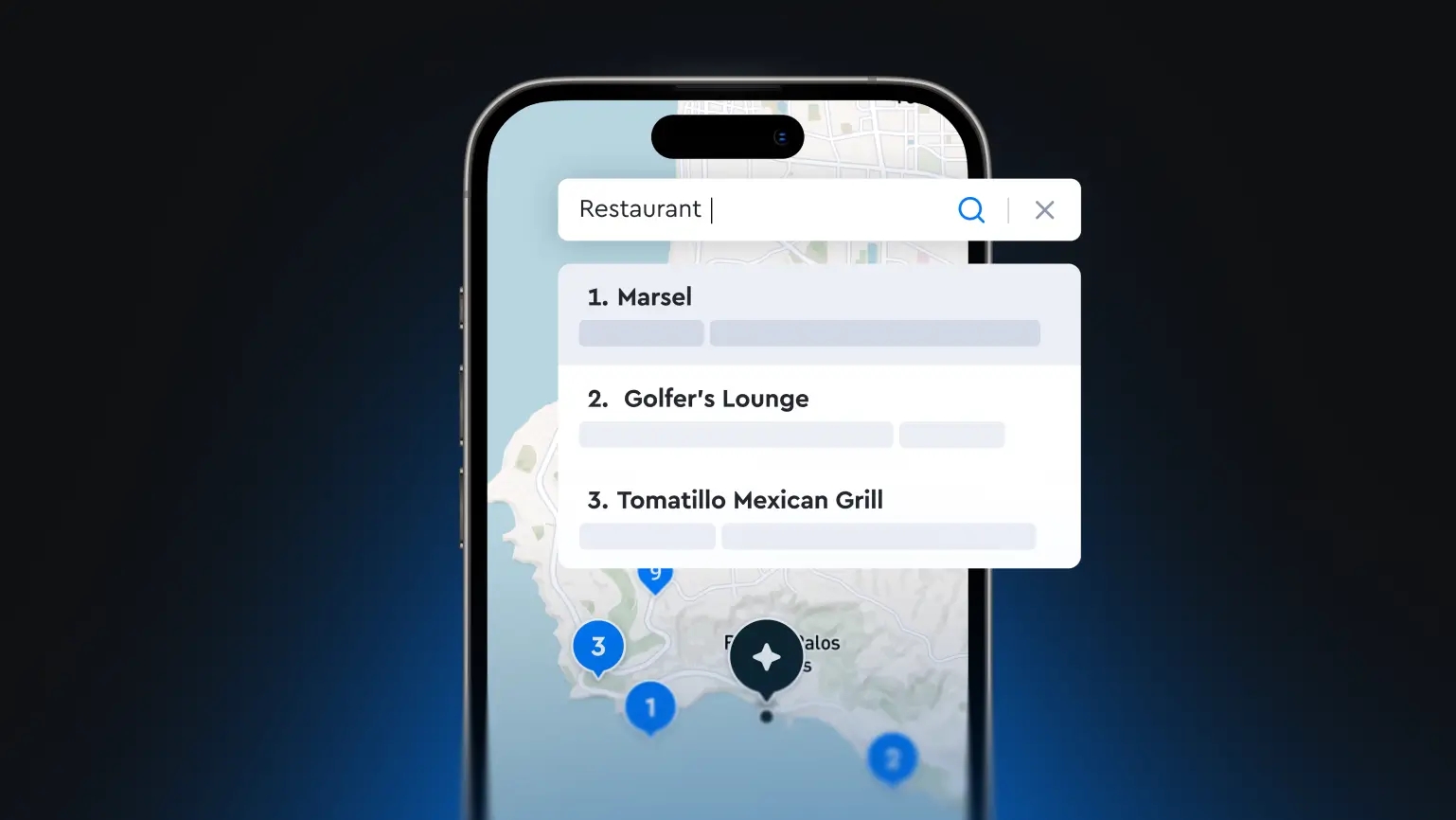A polling place locator for Indian country: ASU Indian Legal Clinic


Featured speakers
Featured host
Overview
Voter turnout and ballot acceptance from people who live in Arizona 'Indian country' is worse than in the rest of the state. There are two geospatial issues partly to blame. First, people with non-standard addresses — such as on reservations without standardized street names — cannot use existing tools to find their polling location and related information. Second, polling locations that have non-standard addresses cannot be found accurately in common map tools.
In this session, Robert Martin from U.S. Digital Response and Torey Dolan from Arizona State's Indian Legal Clinic will share how they built the AZ Native Polling Place Locator, an interactive tool that puts non-standard addresses on the map. The project is a non-partisan election protection effort created by a coalition of advocates through the National Congress of the American Indians, the ASU Indian Legal Clinic, the Native American Bar Association of Arizona, and the Inter-Tribal Council of Arizona.
You’ll learn how to...
- Work with coordinates instead of addresses
- Design for the needs of a particular population
- Volunteer with U.S. Digital Response
Part of the Mapbox Elections Challenge
Explore the why and how of effective elections maps with a special speaker series and map-making contest! More at mapbox.com/elections-challenge-2020
Speakers
Torey Dolan, Native Vote Law Fellow, Arizona State Sandra Day O’Connor College of Law Indian Legal Clinic
Torey has been active with the Native Vote Election Protection Project in the 2016 election as volunteer, in 2018 as the lead student attorney on the project, and now as a full time Fellow working on election protection in anticipation of the 2020 elections. She is a graduate of ASU Law where she earned her juris doctor degree and a certificate in Federal Indian Law. She is also a tribal member of the Choctaw Nation of Oklahoma.
Robert Martin, Software Engineer
Robert is a software engineer and geospatial analyst based out of Chicago. He is interested in bringing better, more transparent software to government. Prior to starting a consultancy in 2019, he was a Senior Software Engineer at the Philadelphia Office of Innovation & Technology, and a GIS Analyst at the Los Angeles Department of City Planning. Robert is a volunteer with U.S. Digital Response.
About the ASU Indian Legal Clinic
The Indian Legal Clinic (ILC) at Arizona State University serves both Indian country and the nation's urban Indian population by providing high-quality legal services, with attention to the special legal and cultural needs of native peoples. The ILC works with tribal courts, undertakes tribal legal development projects, represents individuals in civil actions, and works on federal policy issues affecting native peoples.
About U.S. Digital Response
Founded by former U.S. Deputy CTOs and seasoned tech industry veterans who led federal open data policies and digital government strategy, U.S. Digital Response is a nonpartisan effort that connects expert, volunteer technology teams to governments and NGOs responding to crisis.
Resources
- Indian Country Today: "Student legal team works to protect, 'embolden' the Native vote"
- Learn more about the ASU Indian Legal Clinic
- Learn more about USDR at usdigitalresponse.org and follow @USDResponse on Twitter
- Follow Robert Martin on Twitter at @rbrt_mrtn
- ASU's Native Vote Election Protection Project
- USDR Elections and Voting
- AZ Native Polling Place Locator on Arizona Election Protection (scroll to the bottom of the page)
- AZ Native Polling Place Locator on Arizona Advocacy Network
- Example of USDR's elections work in the New York Times
- Volunteer with USDR
- USDR Github
- National States Geographic Information Council
- US Census geo data
- Mapbox videos and tutorials
A polling place locator for Indian country: ASU Indian Legal Clinic

Overview
Voter turnout and ballot acceptance from people who live in Arizona 'Indian country' is worse than in the rest of the state. There are two geospatial issues partly to blame. First, people with non-standard addresses — such as on reservations without standardized street names — cannot use existing tools to find their polling location and related information. Second, polling locations that have non-standard addresses cannot be found accurately in common map tools.
In this session, Robert Martin from U.S. Digital Response and Torey Dolan from Arizona State's Indian Legal Clinic will share how they built the AZ Native Polling Place Locator, an interactive tool that puts non-standard addresses on the map. The project is a non-partisan election protection effort created by a coalition of advocates through the National Congress of the American Indians, the ASU Indian Legal Clinic, the Native American Bar Association of Arizona, and the Inter-Tribal Council of Arizona.
You’ll learn how to...
- Work with coordinates instead of addresses
- Design for the needs of a particular population
- Volunteer with U.S. Digital Response
Part of the Mapbox Elections Challenge
Explore the why and how of effective elections maps with a special speaker series and map-making contest! More at mapbox.com/elections-challenge-2020
Speakers
Torey Dolan, Native Vote Law Fellow, Arizona State Sandra Day O’Connor College of Law Indian Legal Clinic
Torey has been active with the Native Vote Election Protection Project in the 2016 election as volunteer, in 2018 as the lead student attorney on the project, and now as a full time Fellow working on election protection in anticipation of the 2020 elections. She is a graduate of ASU Law where she earned her juris doctor degree and a certificate in Federal Indian Law. She is also a tribal member of the Choctaw Nation of Oklahoma.
Robert Martin, Software Engineer
Robert is a software engineer and geospatial analyst based out of Chicago. He is interested in bringing better, more transparent software to government. Prior to starting a consultancy in 2019, he was a Senior Software Engineer at the Philadelphia Office of Innovation & Technology, and a GIS Analyst at the Los Angeles Department of City Planning. Robert is a volunteer with U.S. Digital Response.
About the ASU Indian Legal Clinic
The Indian Legal Clinic (ILC) at Arizona State University serves both Indian country and the nation's urban Indian population by providing high-quality legal services, with attention to the special legal and cultural needs of native peoples. The ILC works with tribal courts, undertakes tribal legal development projects, represents individuals in civil actions, and works on federal policy issues affecting native peoples.
About U.S. Digital Response
Founded by former U.S. Deputy CTOs and seasoned tech industry veterans who led federal open data policies and digital government strategy, U.S. Digital Response is a nonpartisan effort that connects expert, volunteer technology teams to governments and NGOs responding to crisis.
Resources
- Indian Country Today: "Student legal team works to protect, 'embolden' the Native vote"
- Learn more about the ASU Indian Legal Clinic
- Learn more about USDR at usdigitalresponse.org and follow @USDResponse on Twitter
- Follow Robert Martin on Twitter at @rbrt_mrtn
- ASU's Native Vote Election Protection Project
- USDR Elections and Voting
- AZ Native Polling Place Locator on Arizona Election Protection (scroll to the bottom of the page)
- AZ Native Polling Place Locator on Arizona Advocacy Network
- Example of USDR's elections work in the New York Times
- Volunteer with USDR
- USDR Github
- National States Geographic Information Council
- US Census geo data
- Mapbox videos and tutorials








